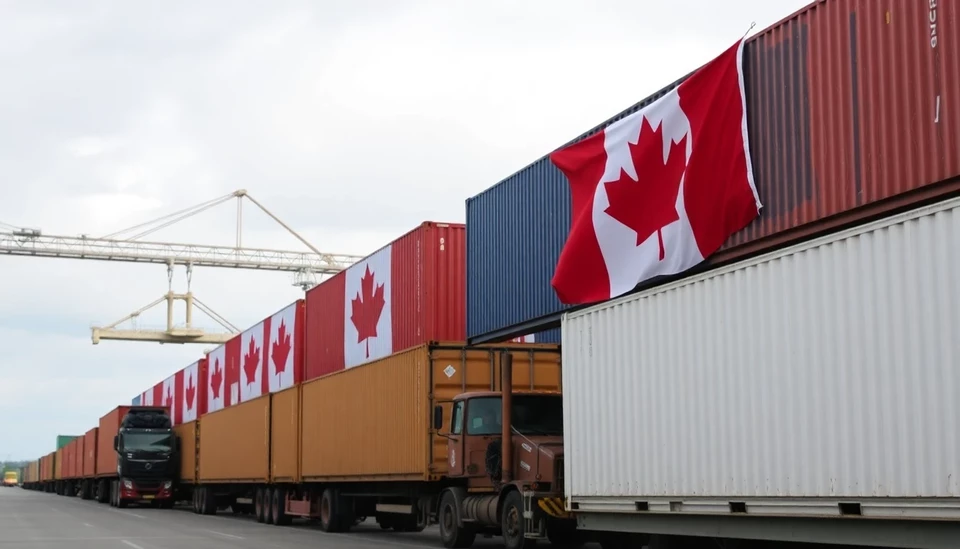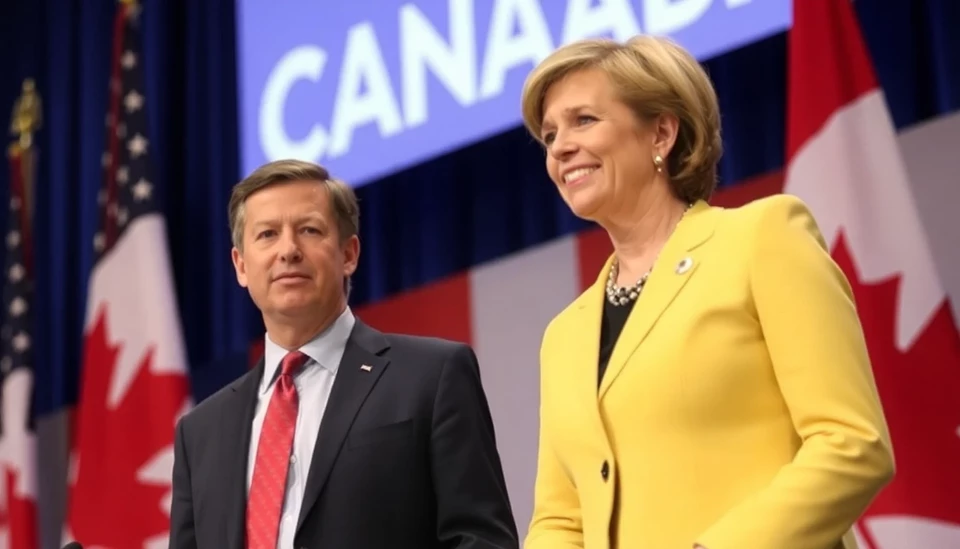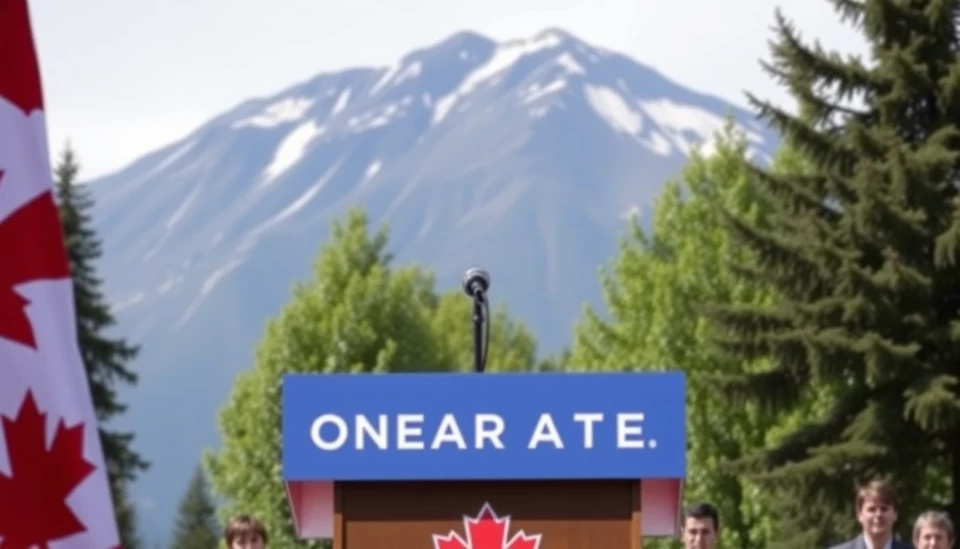
In a proactive diplomatic effort, Canada is rallying support from individual U.S. states to oppose the re-imposition of tariffs that were previously enacted under the Trump administration. This move comes amid ongoing discussions surrounding international trade policies and the implications of tariff re-evaluations.
The Canadian government has expressed concerns about the economic impacts these tariffs could have, not only on bilateral trade but also on broader economic relationships between Canada and the United States. Senior officials have been visiting key states, such as Michigan and Ohio, to underline the potential repercussions of these tariffs on jobs and local economies, particularly in manufacturing sectors that rely heavily on cross-border trade.
During discussions with state officials, Canadian representatives emphasized that the U.S. economy is greatly intertwined with Canada’s, highlighting that many American jobs benefit from exports to Canada. For example, a significant portion of the auto industry relies on parts manufactured in Canada, which could face increased costs if tariffs are reinstated. This could lead to higher prices for consumers and reduced competitiveness for U.S. products on the global stage.
The backdrop for Canada’s campaign is a growing concern that the political climate in the U.S. could shift back to protectionist policies reminiscent of the last administration. With the 2024 elections on the horizon, Canada is keenly monitoring the rhetoric from key political figures and attempting to solidify its relationships with various state governments to create a united front against what it perceives as economically damaging tariff policies.
Furthermore, Canadian officials are urging U.S. lawmakers to consider the broader implications of tariffs on supply chains that have been built on decades of cooperation. They argue that a collaborative approach to trade that prioritizes mutual benefits is essential for both countries, especially in the face of global economic uncertainties.
As Canada continues its outreach efforts, it faces the challenge of navigating the complex political landscape in the U.S. Canada’s strategy underscores a significant shift in how foreign policy is approached, focusing on engaging directly with state leaders who can influence national policies.
In summary, Canada’s concerted efforts to combat the potential return of Trump's tariffs reflect a deep-seated commitment to preserving a robust trade relationship with the U.S. While the situation remains fluid, Canada aims to remind American leaders of the mutual dependencies that exist and the benefits of maintaining a tariff-free environment for the good of both economies.
#Canada #USTrade #Tariffs #EconomicImpact #BilateralRelations #GlobalEconomy #Manufacturing #TradePolicy
Author: Rachel Greene




